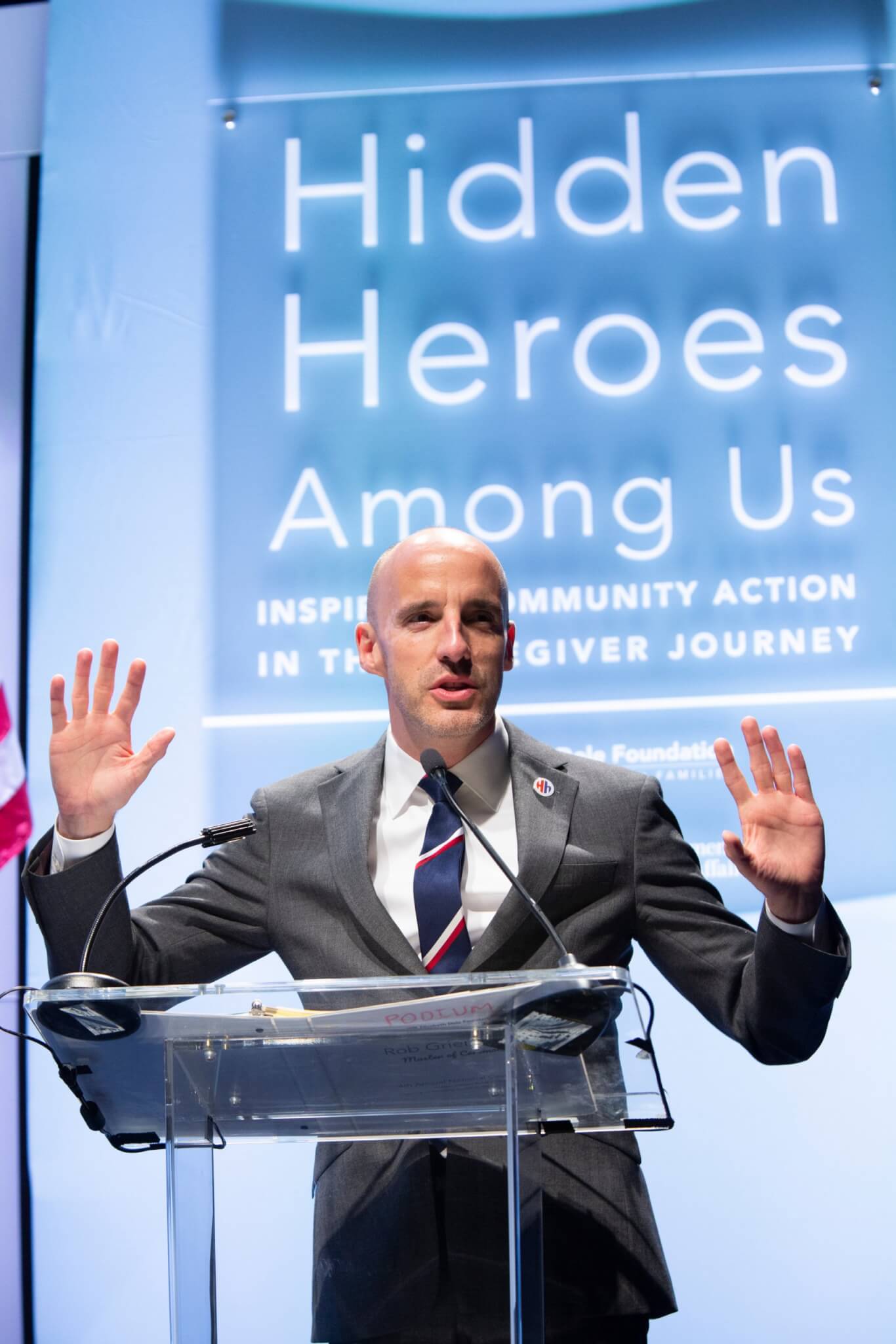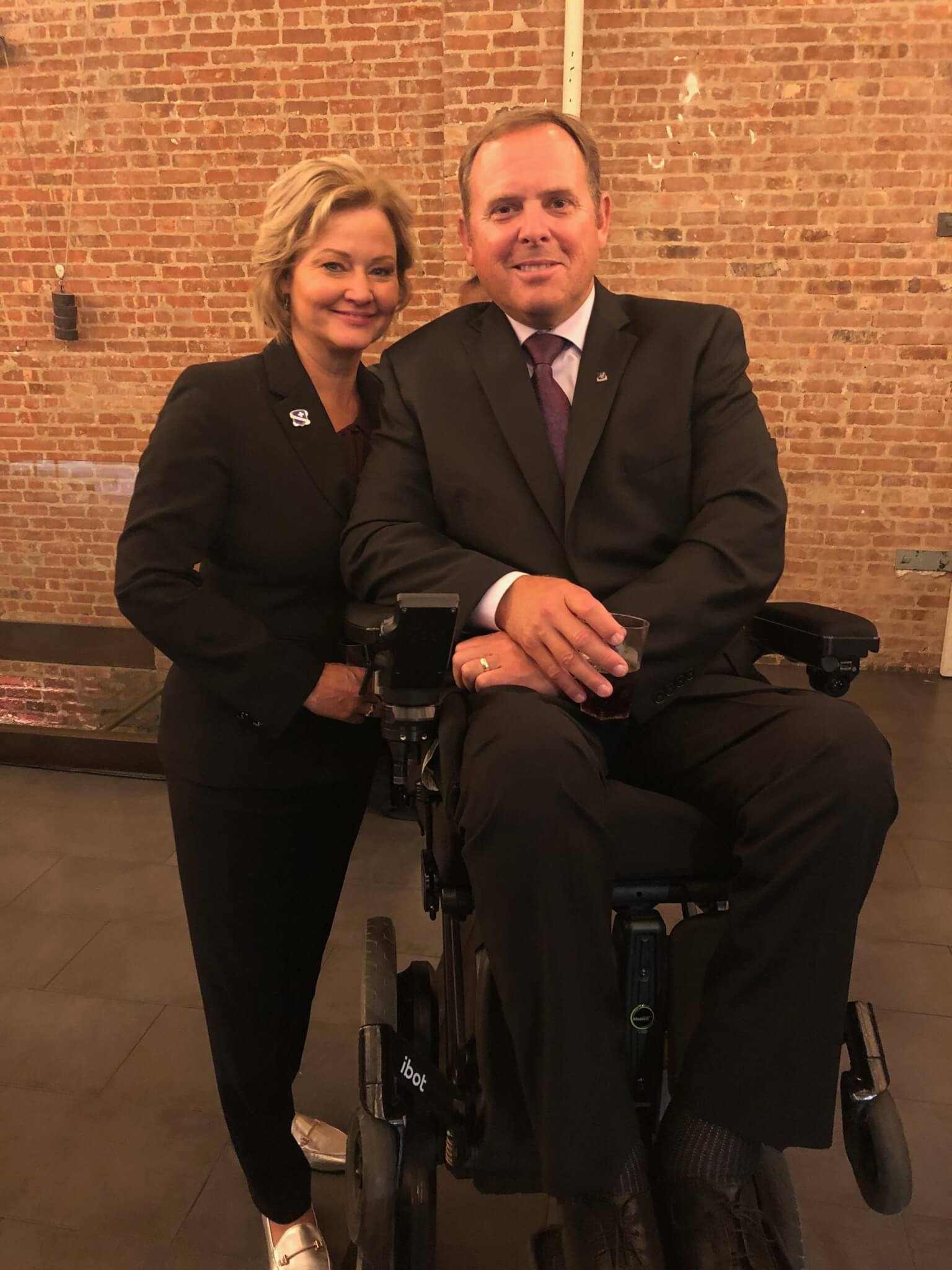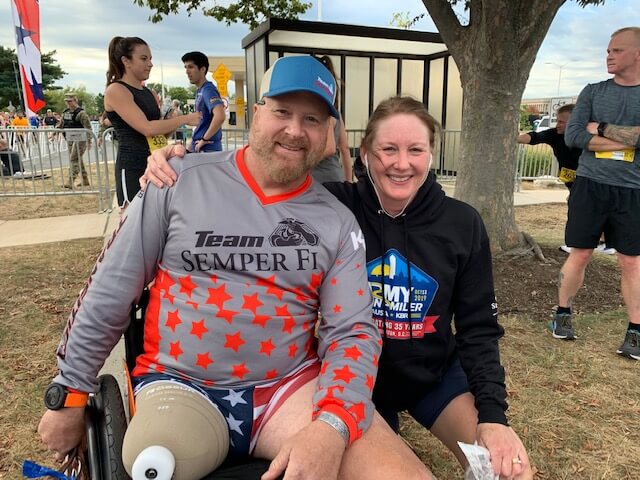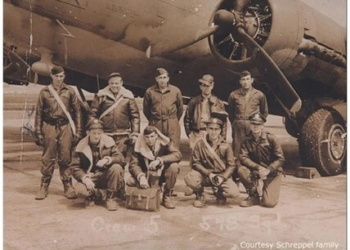The Elizabeth Dole Foundation named its newest class of fellows who will represent caregivers at a time plagued by the coronavirus.
Thirty military and veteran caregivers representing 23 states join 225 past and present Dole Caregiver Fellows in bringing attention to the plight of 5.5 million “hidden heroes” that provide more than $14 billion in voluntary care for wounded, ill, and injured service members and veterans every year, according to a foundation press release.
“Our eighth class of Dole Caregiver Fellows is bringing a new set of unique voices to our mission, but all share similar stories of strength, resilience, and hope in caring for their wounded warriors,” said Steve Schwab, CEO of the Elizabeth Dole Foundation. “As they care for their veterans, we are grateful for their passion, wisdom, and willingness to come together and advocate for their fellow hidden heroes. They are the heart and soul of our work.”

Through the program, caregivers receive support, training and a platform to address the most pressing issues facing the community. They also share their stories directly with national leaders in the White House, Congress, U.S. Department of Veterans Affairs, and other government agencies, as well as decision makers in the business, entertainment, faith, and nonprofit sectors.
Mari Linfoot, a 2020 Dole Caregiver Fellow, is a full-time caregiver for her husband, Gary, who was paralyzed during a mechanical helicopter failure in 2008. She says there’s a whole phase of just trying to figure out how to be a caregiver.

“It takes a long time. I kind of wish someone would have sat me down and said, ‘Don’t be hard on yourself because for the next year-to-three-years you’re going to be trying to figure life out, and that’s OK,'” she said. “You just want to fix everything and you just can’t fix some things.”
At the time of the accident, Mari had a successful real estate company. Due the demands for Gary’s care, she has now taken on a round-the-clock role as his caregiver.
“Gary went through a really dark emotional time. He was so good about putting a happy face on and he didn’t complain, but inside he was just dying. He started engaging in speaking at schools and businesses and it helped bring him out of it,” she said.
The pair travels for Gary’s speaking engagements where they discuss patriotism and technology that helps him get around, including an IBOT wheelchair that raises him to eye level and climbs stairs, and an exoskeleton that he used to walk their daughter down the aisle.
Regular travel challenges include rental cars or hotel rooms that are not accessible for Gary, despite multiple confirmations.
“Life is good. I can’t say life isn’t good. It’s just a lot. Everything is so much more detailed. It requires much more work and thought,” she said. “You have to count on other people doing what they’re supposed to do. You have less chance to take things into your own hands.”
In addition to speaking engagements, the couple founded the American Mobility Project to provide equipment and adaptive products after seeing a need within the civilian population. They also help connect veterans and military members with resources.
Related: From newlywed, to caregiver.
Anne Way, an Army Reserve spouse, was named to the Dole Fellowship community for her endurance and involvement.
In 2002, her husband, Pete, took shrapnel to the knee. Through multiple episodes of sepsis and flesh-eating bacteria, his knee was found to contain Middle Eastern strains causing infections. After years of complications and dozens of surgeries, Pete, a nurse practitioner, decided to amputate his leg.
“I trusted his opinion. We felt almost a relief. I was worried I was going to lose him multiple times, so I thought if we can just get rid of the leg, we can keep this from happening again,” Anne said.
In years since, he underwent innovative surgery to help his prosthetic, for which he’s still receiving treatment.
“It wasn’t the instant fix we were hoping for, but we’re working on it.”
Anne, who lives in Georgia, retired from her teaching career and now works as a full-time caregiver.
“I’m probably not as nurturing as some wives,” she laughed. “I encourage him to get up and go.”
“The biggest thing is being that support to him and understanding his physical needs.”
To promote healthy movement, even through amputation, the Ways have started a nonprofit biking community. Vets Fight On works with the VA and Forces United to provide hand and recumbent bikes. She said not only is the exercise aspect helpful, but it allows military members to connect socially.
“I’m looking forward to bringing support and awareness to others. I didn’t look for it and that would have been extremely rewarding to have that encouragement,” she said. “Let’s focus on the positive going forward and unite.”
Visit http://hiddenheroes.org for more information on Dole Foundation programs for caregivers.
Read comments






































